Northern Soy Marketing (NSM), a farmer-led board comprising the soybean checkoff boards of Nebraska, North Dakota, South Dakota, Wisconsin and Minnesota, is sending a cohort of farmers and industry experts to Indonesia, March 2-9, 2024.
The delegation includes Wisconsin Soybean Marketing Board (WSMB) director and NSM Secretary Nancy Kavazanjian, along with Minnesota Soybean Research & Promotion Council (MSR&PC) director and NSM board member Glen Groth, University of Minnesota Researcher Seth Naeve and poultry nutrition consultant Robert Swick. The group will start their meetings in Jakarta, before traveling to Medan and back to Jakarta to finish out the trip.
“I really think NSM is a great group to promote our northern soybeans and to work together,” Kavazanjian said. “It’s so important that it’s not just about growing soybeans in Wisconsin, it’s about not just my farm, but the region and the whole U.S. The more we can do to find new markets for soybeans, the better off every farmer in the United States is.”
Indonesia is the most populous country and largest economy in Southeast Asia. There is a large consumption of traditional soy foods, such as tofu and tempeh, making Indonesia the largest food use soybean importer in the region at 2.5-2.6 million metric tons (MMT) per-year, of which 90% is U.S. soy.
The soybean meal consumption has grown annually by approximately 4% due to the livestock and fishery sector expansion. Indonesia imported 5.34 MMT soybean meal in 2021.
“It’s important to differentiate our product from others and they can recognize that we have a premium product,” Groth said. “It’s grown with care, and it’ll provide value to their customers and their business.”
While in-country, the cohort will meet with feed mill executives, nutritionists and purchasers. A seminar on understanding U.S. soy quality will be held in Medan, where Groth and Kavazanjian will present on their farming operations. The week will be spent in meetings and on tours discussing U.S. soy and the quality of soymeal exported from the Pacific Northwest ports.
“It’s important for farmer checkoff leaders to ground truth what we we’ve been told from our contractors, see the developing markets and checkoff dollars being spent wisely in these markets and places where we might need more investment,” said Groth, who farms in southeast Minnesota. “It’s important that our customers know that there’s people behind the product and that they can have us as a resource to answer questions about one of their key imports, their feed production business and overall commodity acquisitions.”


